232 SACD / Mieczysław Wajnberg: Concerts for flute and orchestra op. 75 and 148 and other works
Description
Charming pieces by Miecyslaw Weinberg, outstandingly interpreted by musicians from his native Poland. Given the commitment of the artists and the excellence of the recording, this CD is well worth exploring.
1 review for 232 SACD / Mieczysław Wajnberg: Concerts for flute and orchestra op. 75 and 148 and other works
You must be logged in to post a review.
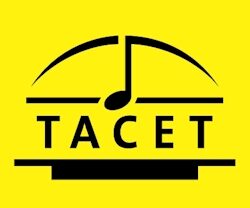
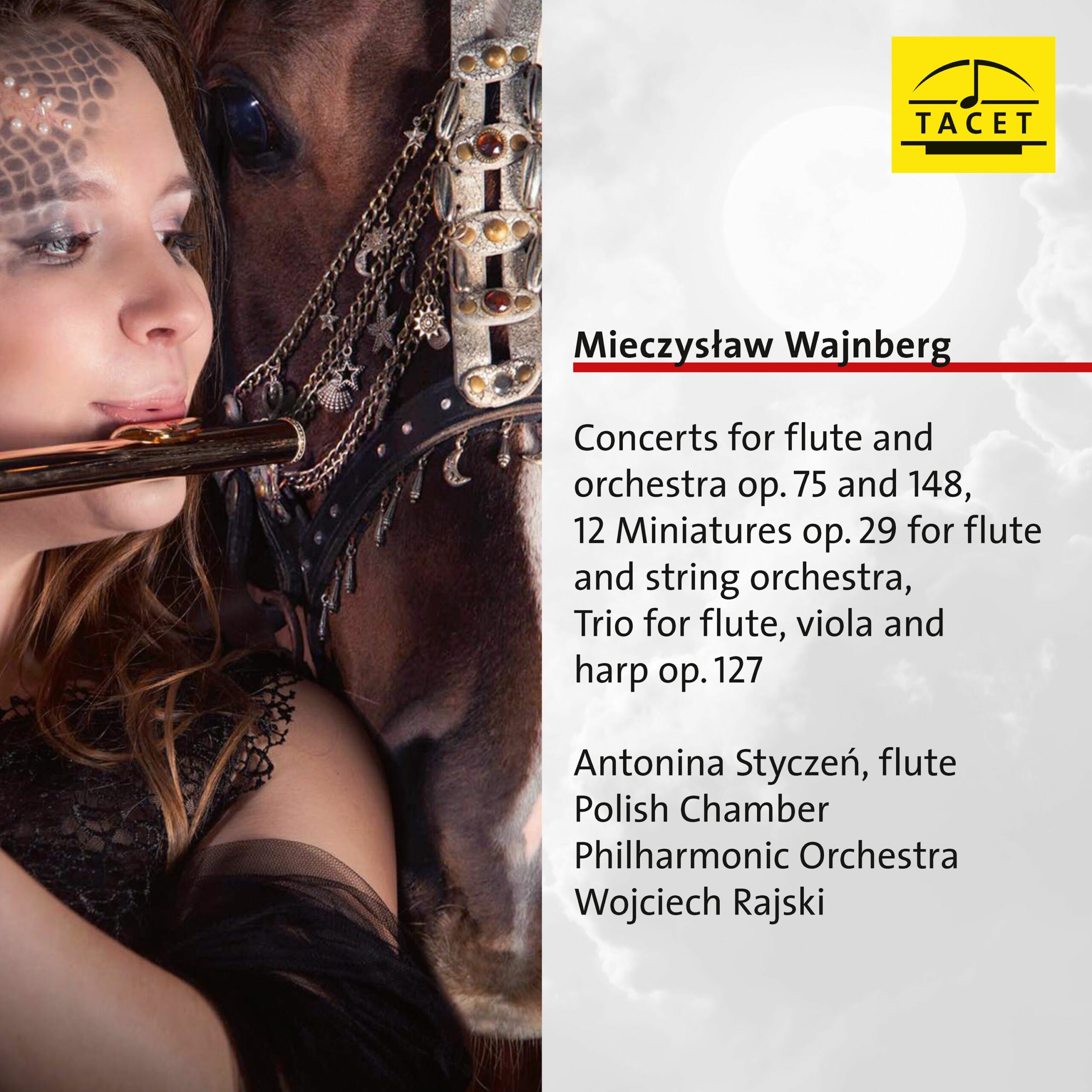
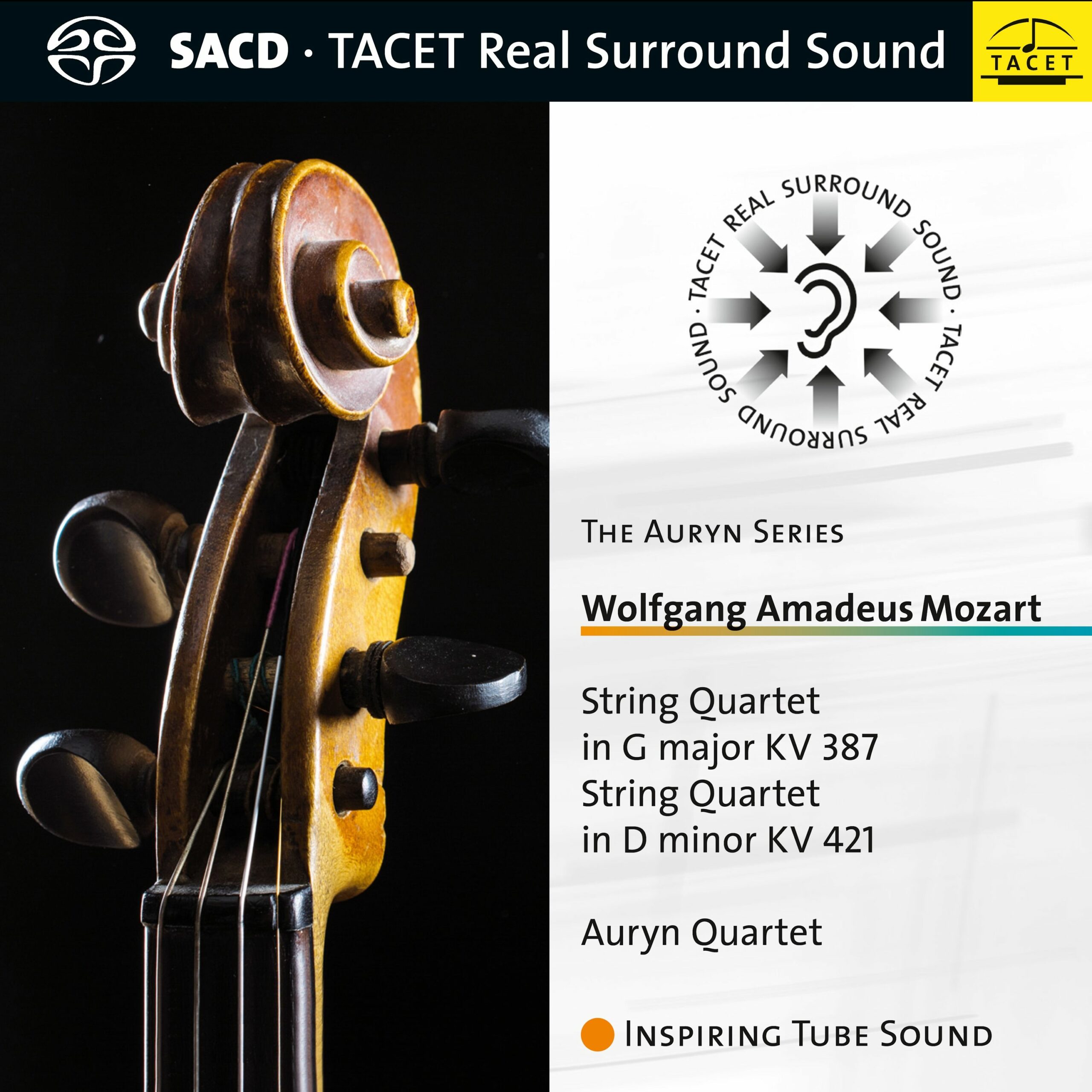
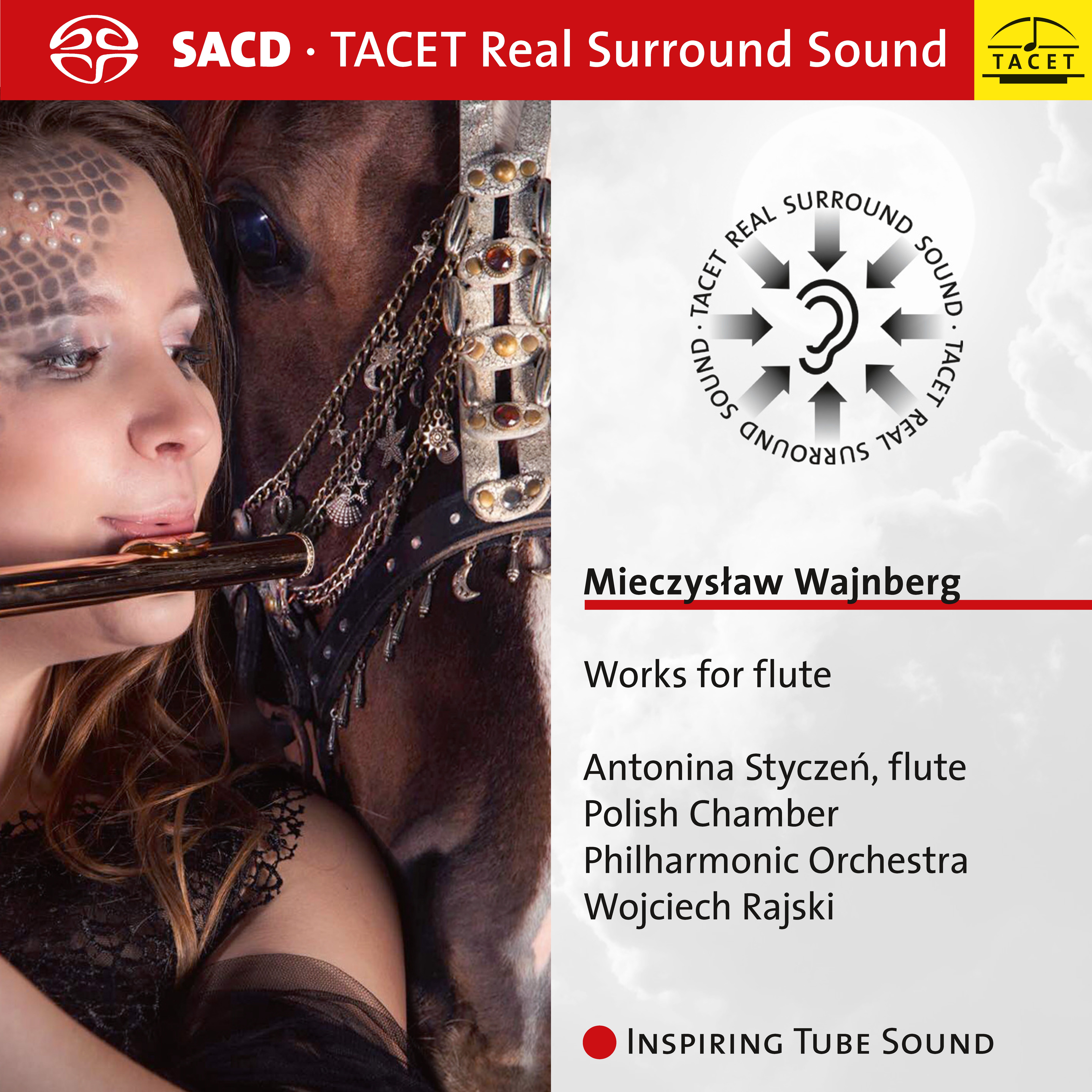
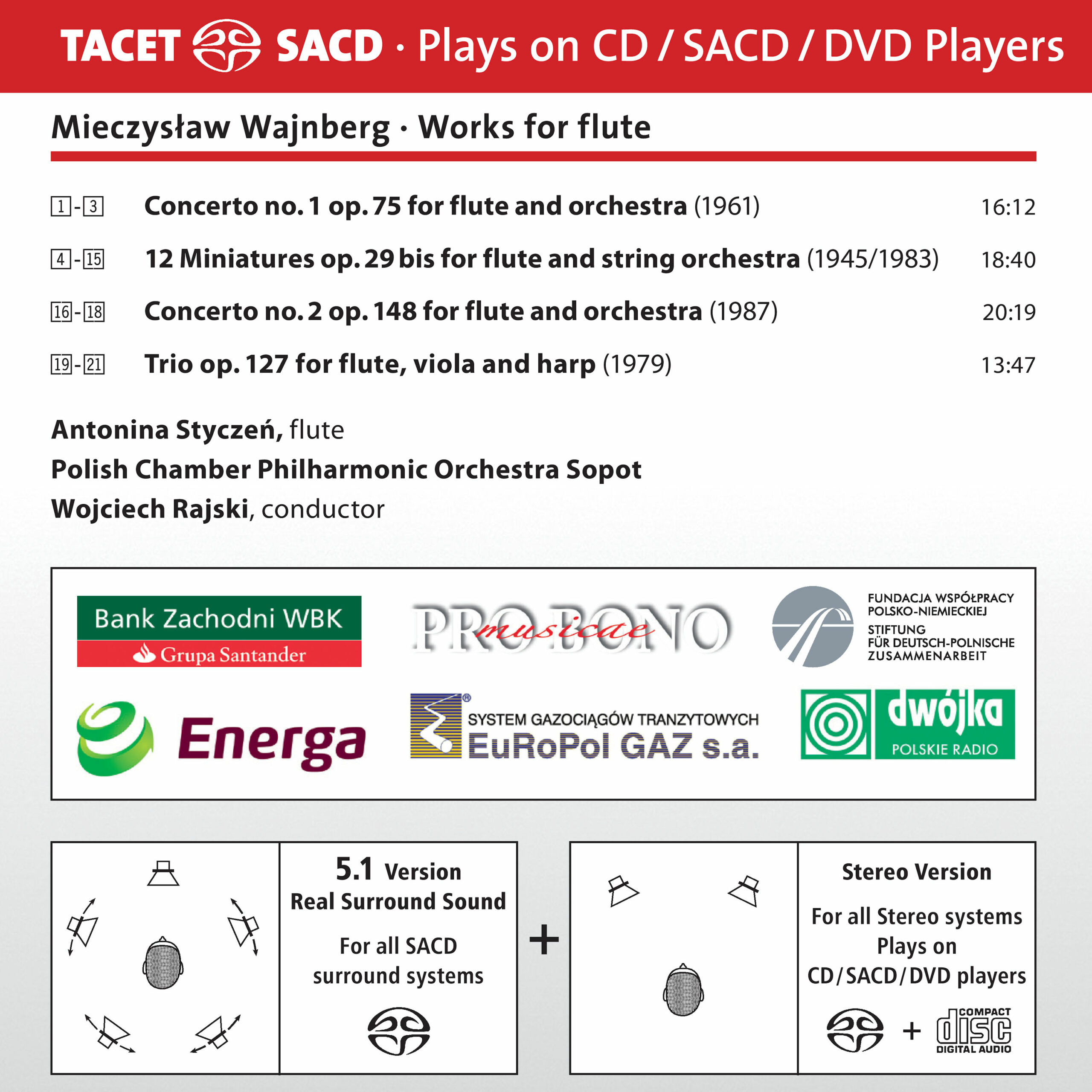
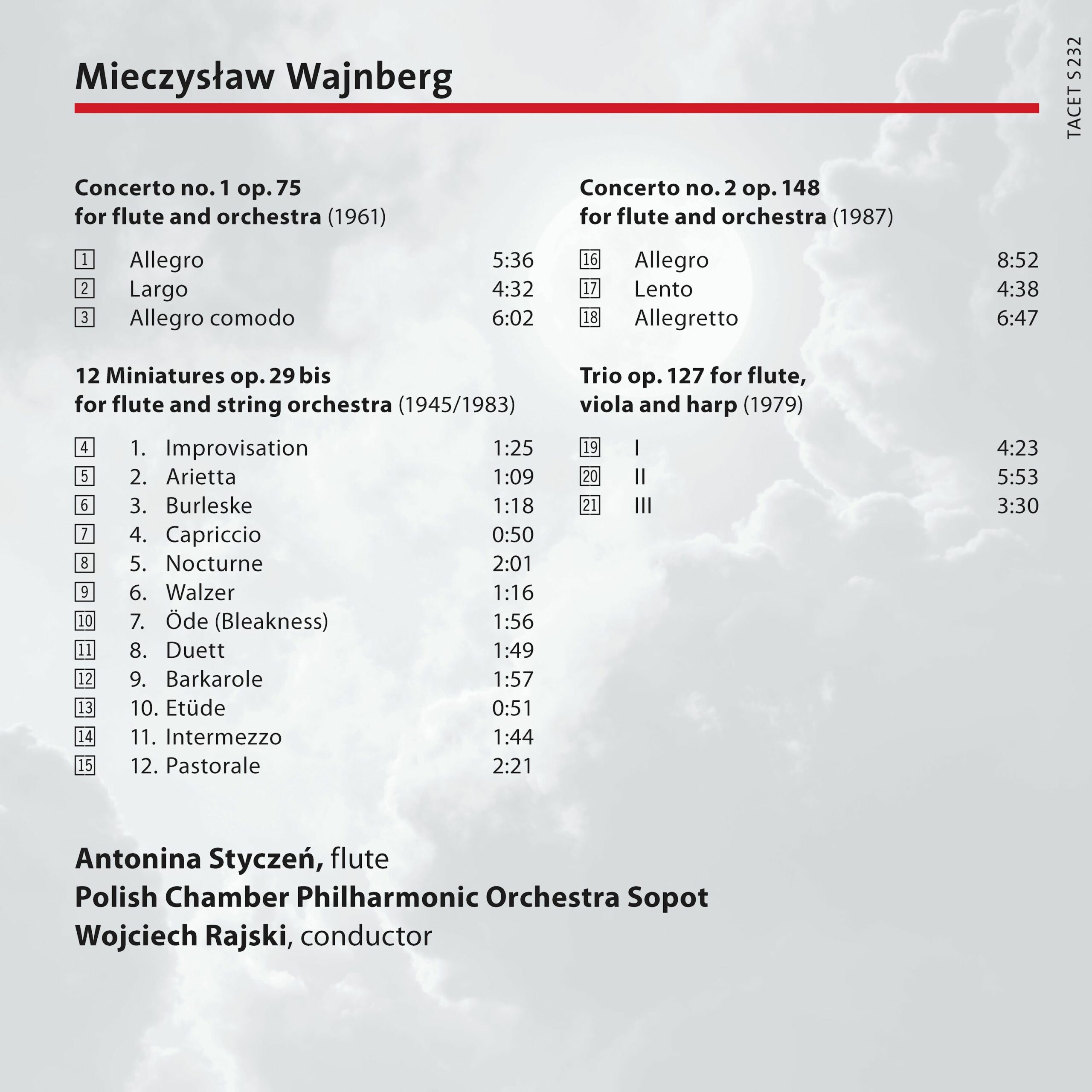
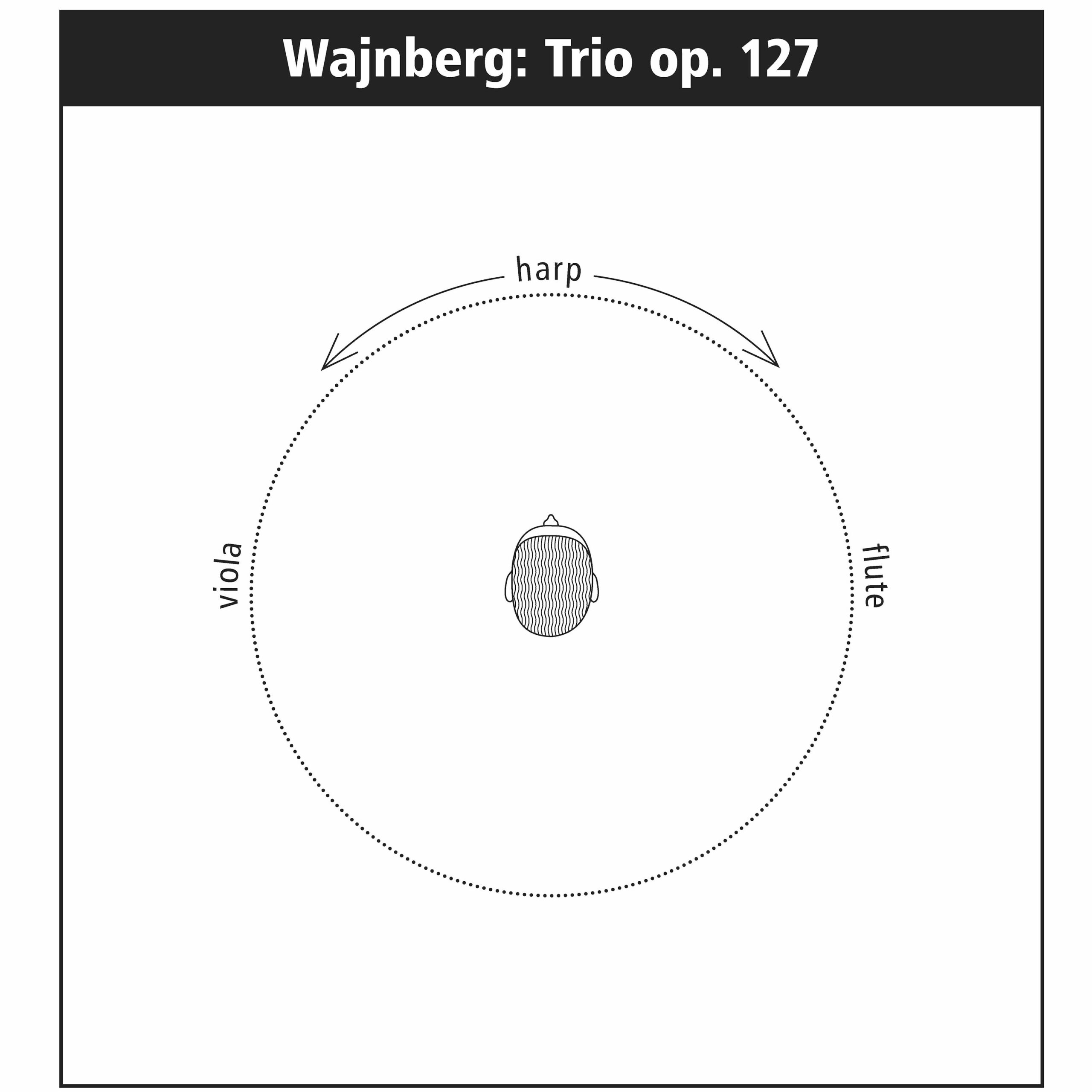
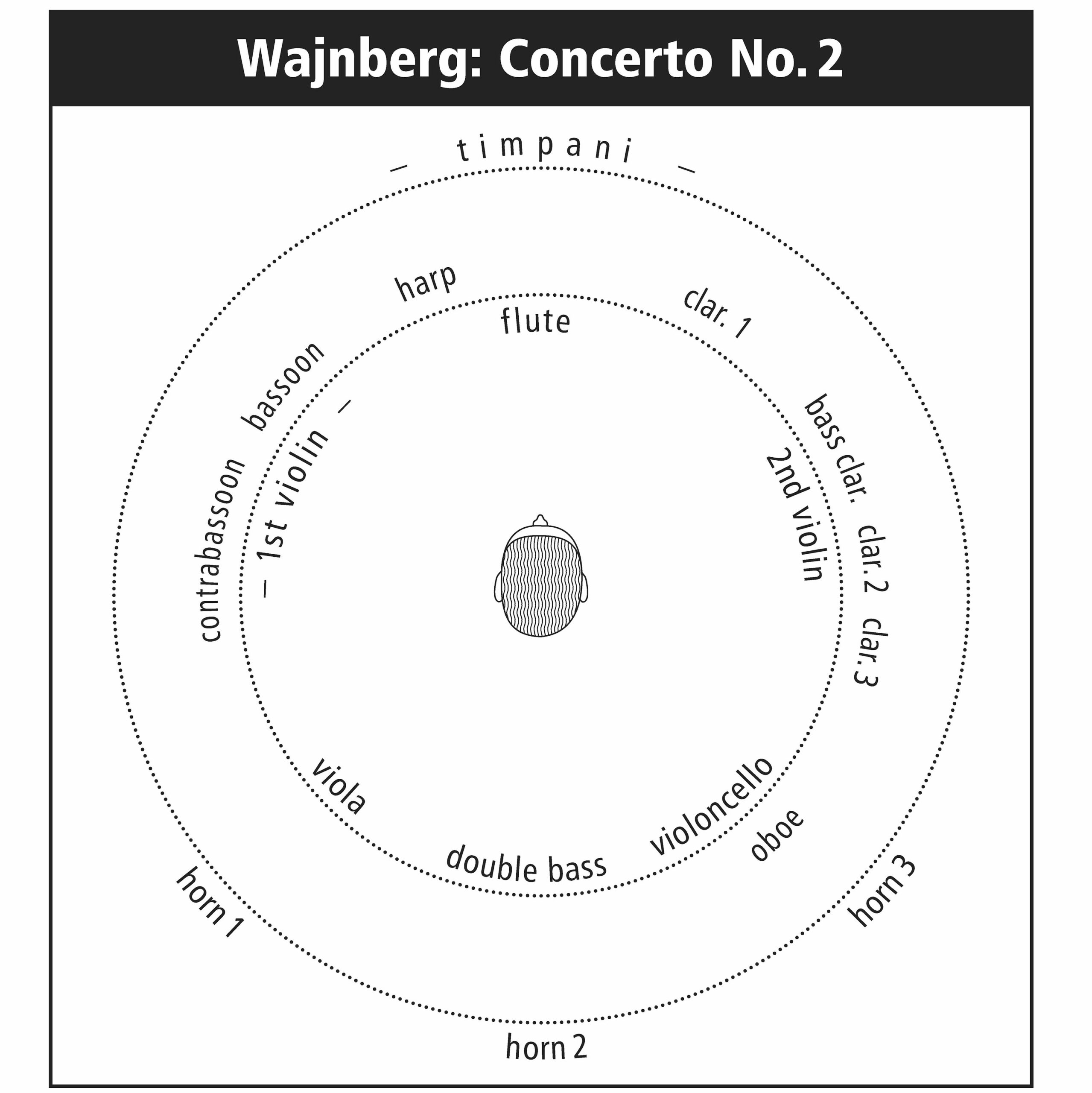
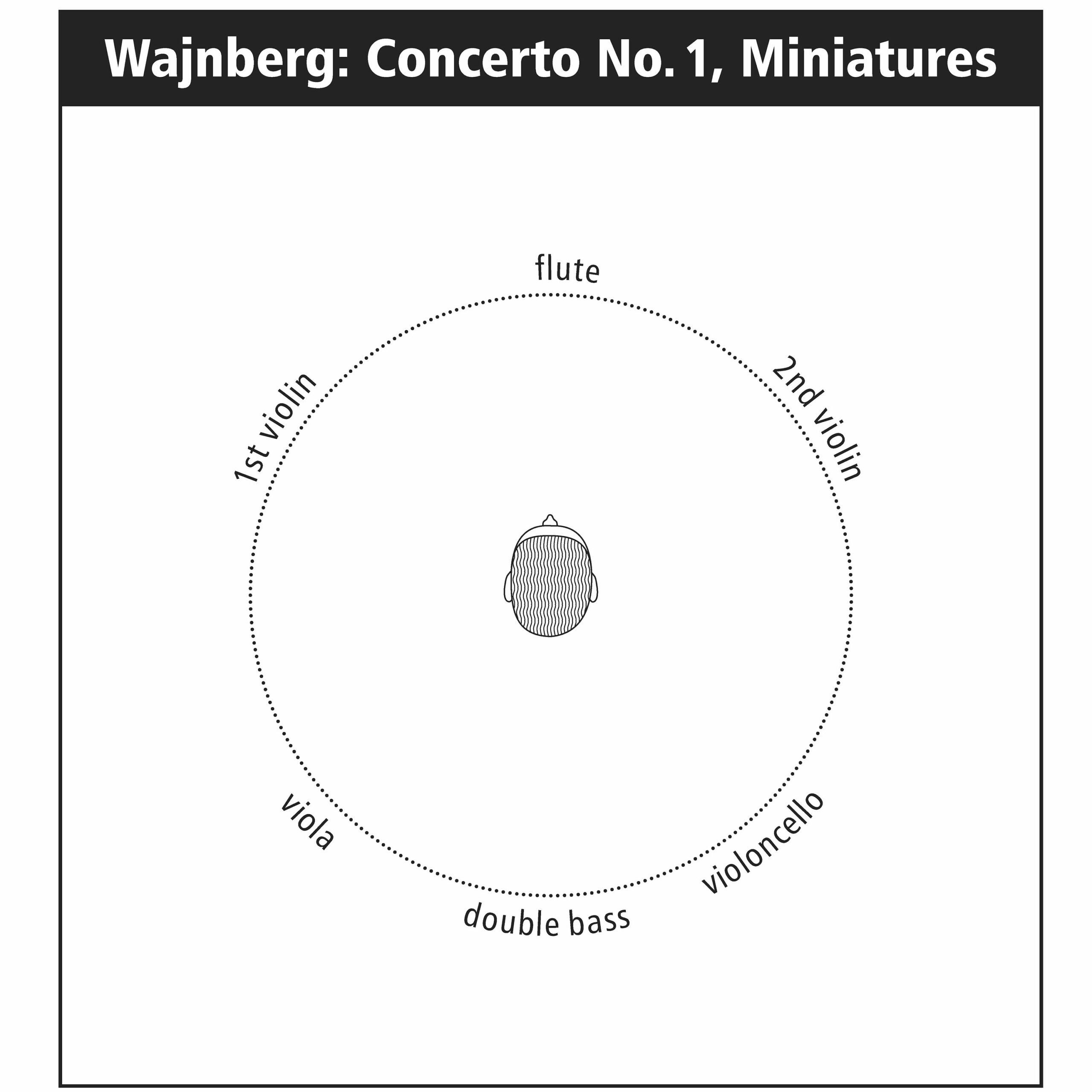
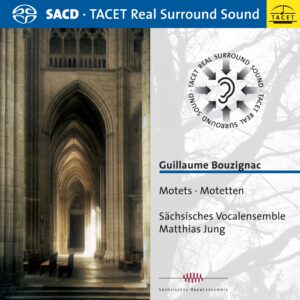
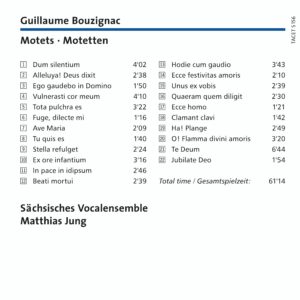
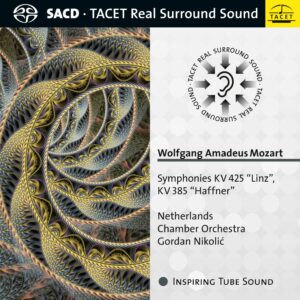
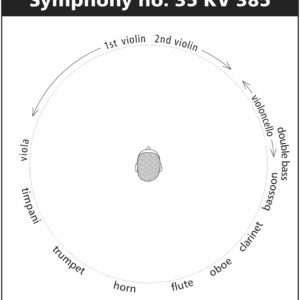
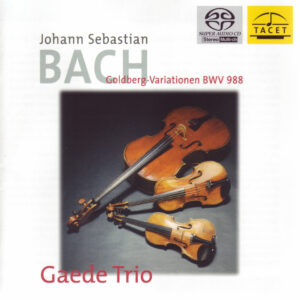
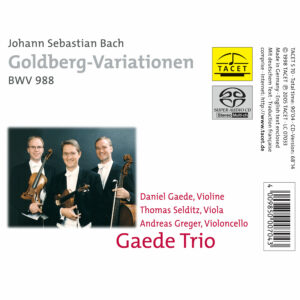
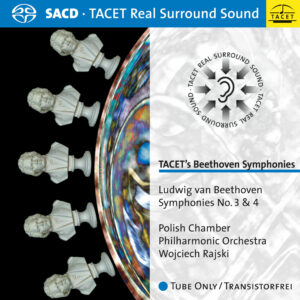
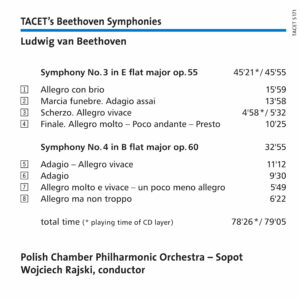
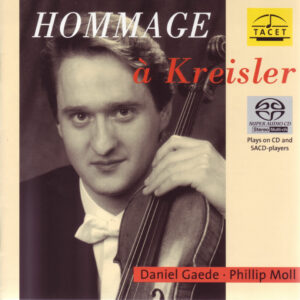
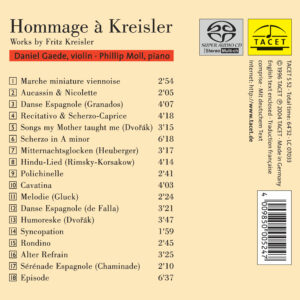
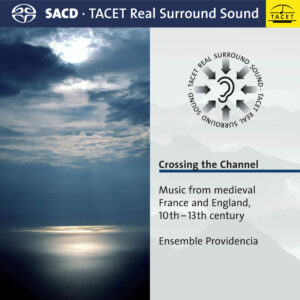
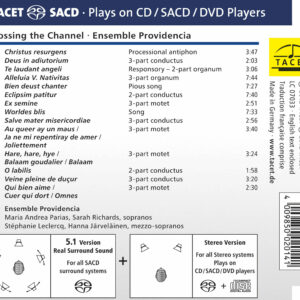
Classical CD Choice –
–> original review
For those seeking surround sound recordings realised with imagination and the utmost skill, Andreas Spreer’s TACET catalogue should be a first port of call. This is especially true when as here the music, though hardly well-known, is definitely worth investigating. The Polish composer Mieczysław Weinberg (1919-1996) has achieved greater prominence in recent years, thanks partly to some excellent recordings of both his symphonies and concertante works that have revealed a prodigious talent previously overshadowed by the achievements of his friend and colleague Dmitri Shostakovich. On this latest TACET release we have a generous selection of Weinberg’s compositions for flute and orchestra – in addition to his Trio for flute, viola, and harp – that feature the talented flautist Antonina Styczeń and the excellent Polish Chamber Philharmonic Orchestra Sopot directed by Wojciech Rajski. The disc opens with Weinberg’s ‘Flute Concerto No. 1 Op.75’ written in 1961, a most attractive work scored for flute and string orchestra. It begins with a brilliant scherzo allowing the soloist here ample opportunity to demonstrate her excellent technique, while the contrasting slow movement that follows inhabits a darker world in which Weinberg uses the instrument’s lower register to telling effect. The ‘Flute Concerto No. 2 Op.148′ appeared 26 years later and though it uses a full orchestra the composer’s limpid orchestration ensures that the solo flute line is always audible. The character of the music is generally reflective and its overall seriousness is not diminished by the sudden appearance of extended quotations from two of the most well-known pieces from the flute repertoire – the Badinerie from Bach’s Suite No.2 in B minor and the “Dance of the Blessed Spirits” from Gluck’s Orfeo ed Euridice – that appear in the finale. In both concertos Antonina Styczeń and her Polish colleagues ably convey the wistful melancholy and klezmer high spirits that frequently permeate Weinberg’s music. On this disc the two concertos are separated by Weinberg’s entertaining ’12 Miniatures Op.29 bis’. Written originally in 1945 for flute and piano, the composer transcribed the work for flute and chamber orchestra in 1983. A wide variety of moods in encapsulated in these brief miniatures as indicted by their titles – Arietta, Burleske, Capriccio, Nocturne, Walzer etc. and their concision ensures that the listener’s attention never wanders for a moment. As in the concertos Styczeń’s playing is a delight – alert, witty and ravishing as appropriate. For the ‘Trio for Flute,Viola and Harp op.127’ Antonina Styczeń is joined by Paweł Czarny (viola) and Zuzanna Federowicz (harp). The clean crystalline textures of this instrumental combination were famously explored by Debussy in his sonata for the same instruments and though Weinberg’s work is very different it does share the same ascetic quality and high craftsmanship. The sensitive performance from these artists leaves nothing unsaid. Collectors familiar with TACET’s Real Surround Sound recordings will be aware that they aim to use the whole acoustic space to provide a unique perspective on the music for the listener. On this beautifully recorded SACD one has the choice to listen in normal stereo (which incidentally sounds excellent) or ‘5.1 Real Surround Sound’. But it is the latter that truly enhances the musical experiences on offer. In the fulsome liner notes TACET provide diagrams of the instrumental layouts used for each work, thus enabling one to set front, centre and surround speaker sound levels to achieve the optimum results. This is certainly not a time consuming process and even in a work such as the Weinberg Trio, the benefits are audibly clear.If the two Weinberg Flute Concertos, with simply surround ambience, are your main requirement then the alternative Chandos recording is highly recommended, but for those willing to explore further than the aural illusion of a regular concert hall situation this TACET disc recorded in the fine acoustic of the Church Stella Maris, Sopot in 2016 will make a very good starting point.
Graham Williams